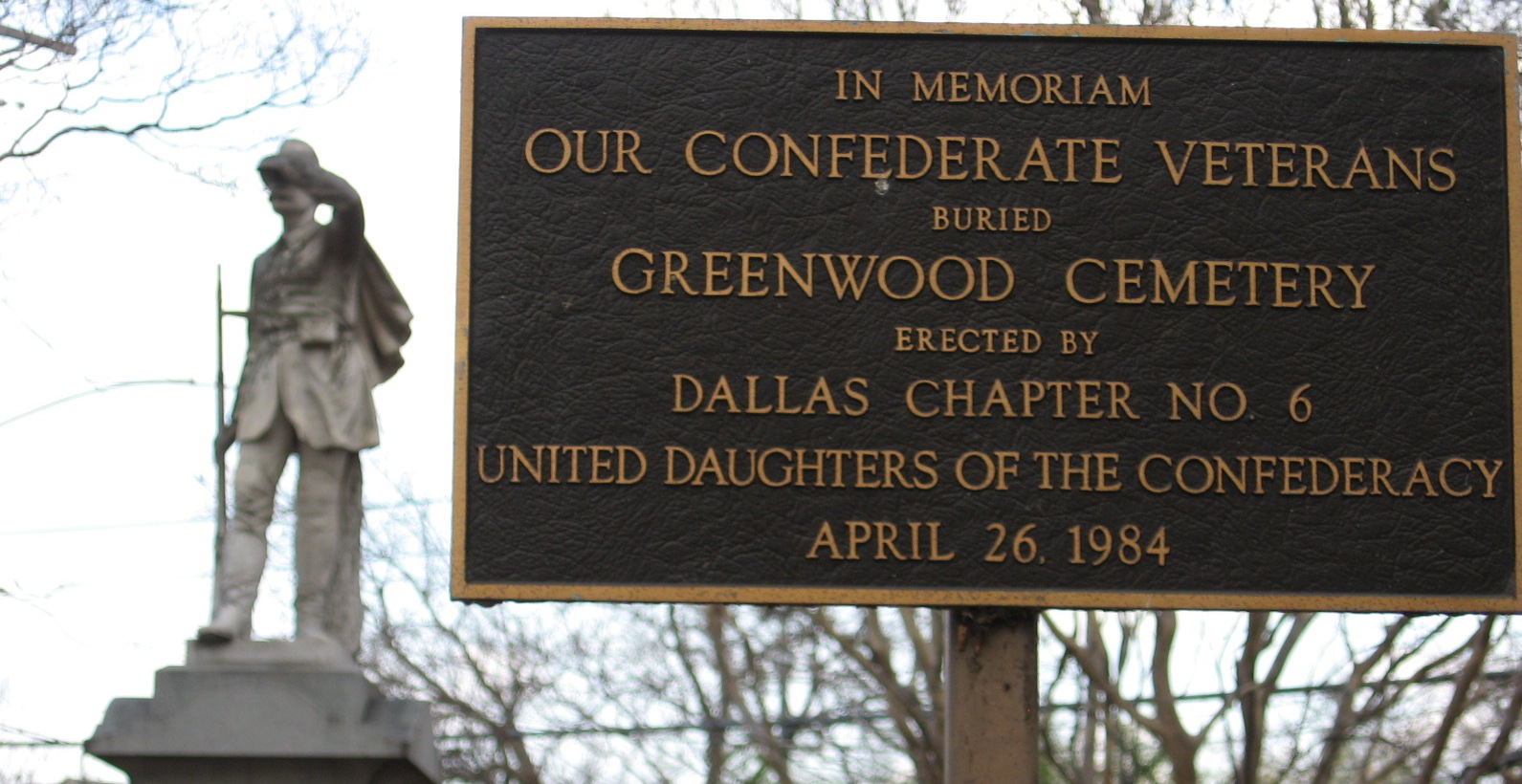Workshop: Honour and Admiration After War and Conflict
Bergsmannen, Aula Magna, Stockholm University
30 – 31 January, 2019
We honour and admire friends, teachers, artists, sportspeople, and intellectuals for who they are as people and the acts they perform. We also honour and admire politicians and combatants for their conduct before and during war and conflict. We give them medals, build statues in their honour and even (in the case of Winston Churchill) put their faces on our banknotes.
But when is such admiration appropriate? Churchill, for instance, is widely admired for his leadership and actions during World War 2. And yet Churchill was guilty of atrocities. For example, in 1943 he denied the pleas of British officials in Bengal for direct supplies of food to the region whilst famine, caused by Britain’s imperialist policies, raged. Millions died as a result.
Indeed, many of those who continue to be honoured have committed atrocities. Cecil John Rhodes, whose wealth funds the Rhodes Scholarship, continues to have a statue at the Oriel College, Oxford, despite the fact that Rhodes was an English supremacist who contributed to the deaths of tens of millions of people as part of his colonist campaigns and policies in Africa. And many states in the United States of America continue to have statues of Confederate generals who fought to keep slavery legal.
Schedule
30th January
10.00-11.00 Alfred Archer (Tilburg) and Benjamin Matheson (Stockholm) “Honour, Commemoration and Emotional Imperialism”
11.15-12.15 Sarah Hitchen “Blossoming Ambiguity”
12.15-14.00 Lunch
14.00-15.00 Anja Berninger (Stuggart) “Commemoration and Admiration”
15.15-16.15 Daniel Abrahams (Glasgow) “Like Him or Not: Defences of Sir John A. MacDonald and How to Resist Them”
16.15-16.45 Refreshment Break
16.45-17.45 Zofia Stemplowska (Oxford) “Remembered Enough?”
19.00 Dinner
31st January
09.00-10.00 André Grahle (Munich) “Admiration for the Witness: Positive Emotions in Response to Refugees’ Testimony”
10.00-10.30 Refreshment Break
10.30-11.30 Macalester Bell (Bryn Mawr) “On the Ethics of Publicly Dishonoring the Contemptible”
11.45-12.45 Joanna Burch-Brown (Bristol) “Would Renaming Our Schools Erase History?”
If you would like to attend, please contact [email protected]
Organisers: Benjamin Matheson & Alfred Archer
This workshop is funded by the Society of Applied Philosophy, the Stockholm Centre for the Ethics of War and Peace, Tilburg Centre for Logic, Ethics, and Philosophy of Science (TiLPS) and the NWO.



